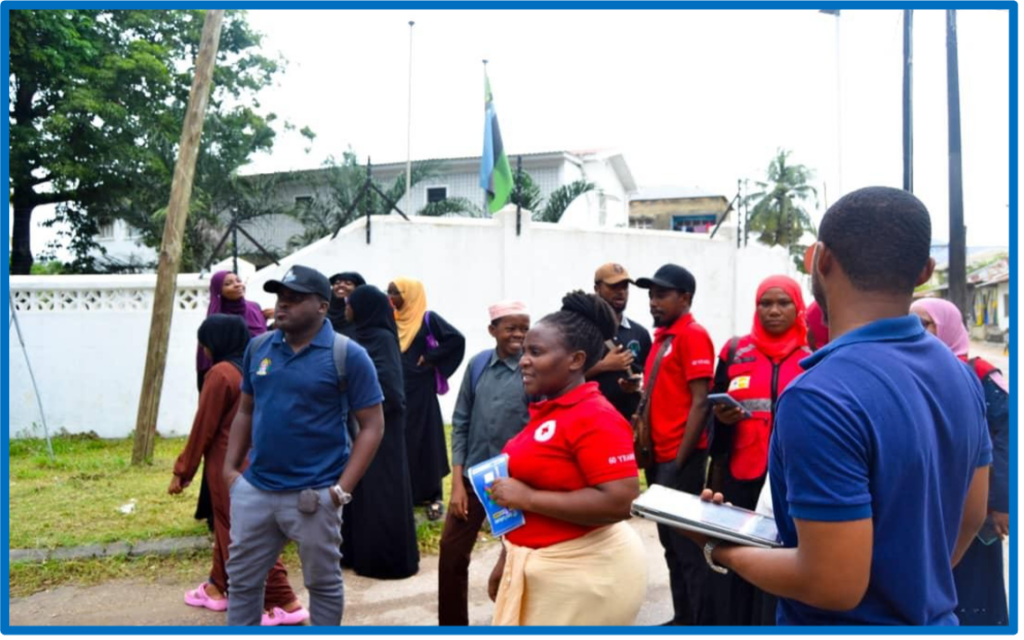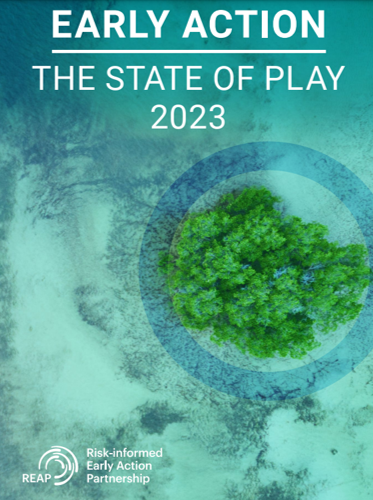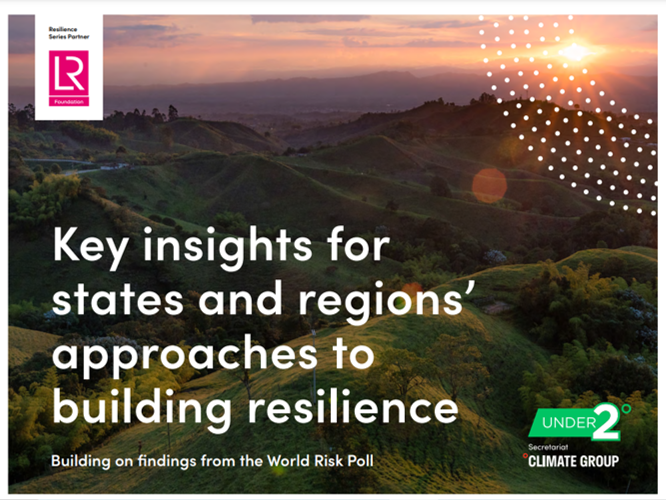Teen Prep Kit Disaster Risk Reduction Activities – Korean
The GDPC and the American Red Cross noticed a gap in youth preparedness resources when it comes to teens, where preparedness resources are often curated for adult or child audiences, which leaves teens (ages 13-19) under engaged and underprepared. To address this gap, the Teen Prep Kit was a project that engaged RCRC youth across […]
Teen Prep Kit Disaster Risk Reduction Activities – Korean Read More »









